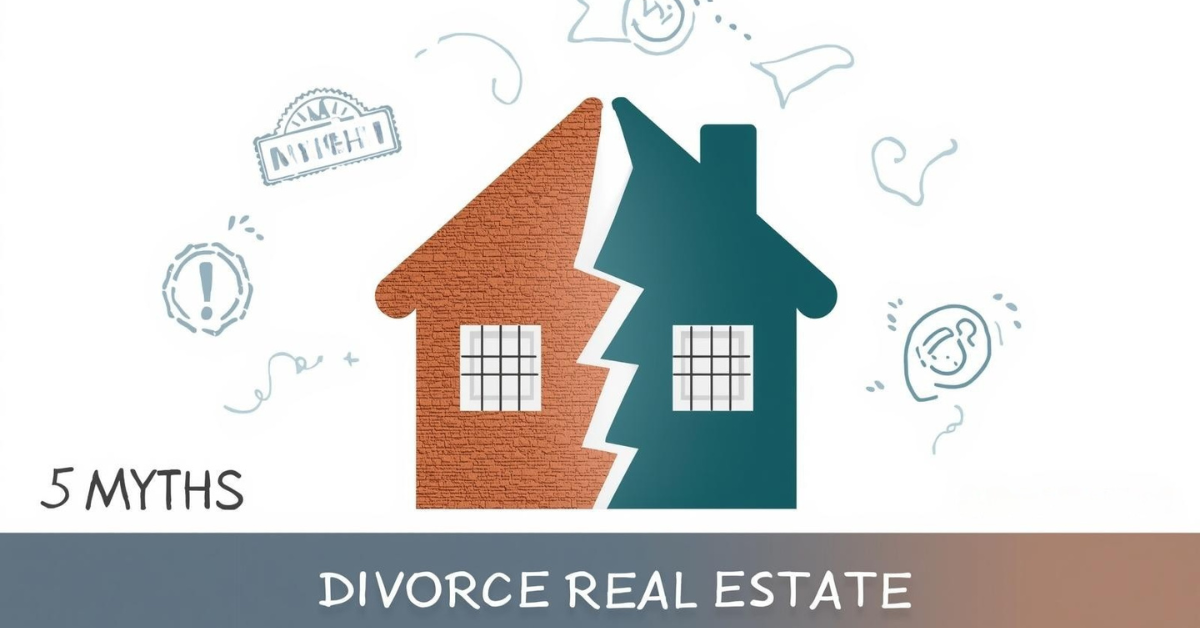Posted on
December 31, 2025
by
Victoria Fung
As 2025 comes to a close, I find myself reflecting on the year with a deep sense of gratitude.
Real estate is often talked about in terms of numbers — prices, interest rates, market shifts — but behind every transaction is a real person, a real story, and a major life moment. Being a Realtor in Burnaby and Greater Vancouver has given me the privilege of walking alongside people during some of their biggest transitions, and that’s something I never take lightly.
Grateful for the People I Get to Serve
This year, I’ve had the opportunity to work with first-time buyers taking their first step into homeownership, growing families searching for more space, and individuals navigating significant life changes.
Each client brings a unique situation, goal, and set of concerns. Whether it’s answering late-night questions, guiding someone through a tough decision, or celebrating the keys being handed over, those moments are what truly define my work.
I’m incredibly thankful for the trust my clients place in me — trust to advocate for them, protect their interests, and guide them with honesty and care.
Grateful for the Communities I Work In
Burnaby and Greater Vancouver continue to be incredible places to live, grow, and invest. From vibrant neighbourhoods and strong transit connections to diverse communities and evolving lifestyles, this region offers something special for everyone.
Working locally allows me to stay deeply connected to the market — not just the statistics, but the feel of each neighbourhood, the subtle shifts in demand, and the lifestyle factors that matter most to buyers and sellers. It’s a privilege to help people find not just a home, but the right place for their next chapter.
Grateful for the Lessons 2025 Brought
2025 was a year that reminded us all how important preparation, adaptability, and clear communication are in real estate. Markets change, expectations evolve, and no two situations are ever the same.
This year reinforced why I focus on education and strategy — ensuring clients understand their options, feel confident in their decisions, and are never rushed or pressured. Real estate isn’t about quick wins; it’s about thoughtful guidance and long-term relationships.
Grateful to Do Work That Truly Matters
Being a Realtor isn’t just about buying or selling property. It’s about helping people move forward — whether that means starting fresh, downsizing, upgrading, or finding stability.
I’m grateful to do work that combines market knowledge with empathy, strategy with support, and professionalism with genuine care. It’s a role that challenges me, teaches me, and motivates me every day.
Looking Ahead to 2026
As we head into 2026, I’m excited for what’s ahead — new opportunities, new relationships, and new goals to help clients achieve.
To everyone who supported, referred, worked with, or trusted me this year: thank you. Your confidence in me means more than words can express.
Here’s to a new year filled with clarity, confidence, and the next chapter — wherever that may lead.
Warm wishes,
Victoria Fung




-e-o4nmlo.png)